In this excerpt, Ileana discusses the unique energy and magnetism that made Celedonio Molinar’s embodiment of the devil character within the Congo tradition of Portobelo, Panama so special.



In this excerpt, Ileana discusses the unique energy and magnetism that made Celedonio Molinar’s embodiment of the devil character within the Congo tradition of Portobelo, Panama so special.
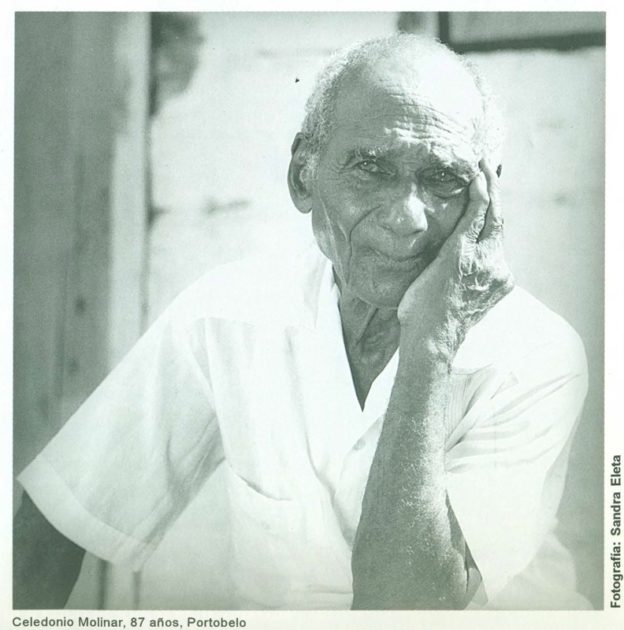
In this excerpt, Solís discusses what she believes is the legacy of Celedonio Molinar, renowned Major Devil in the Congo tradition of Portobelo, Panama.
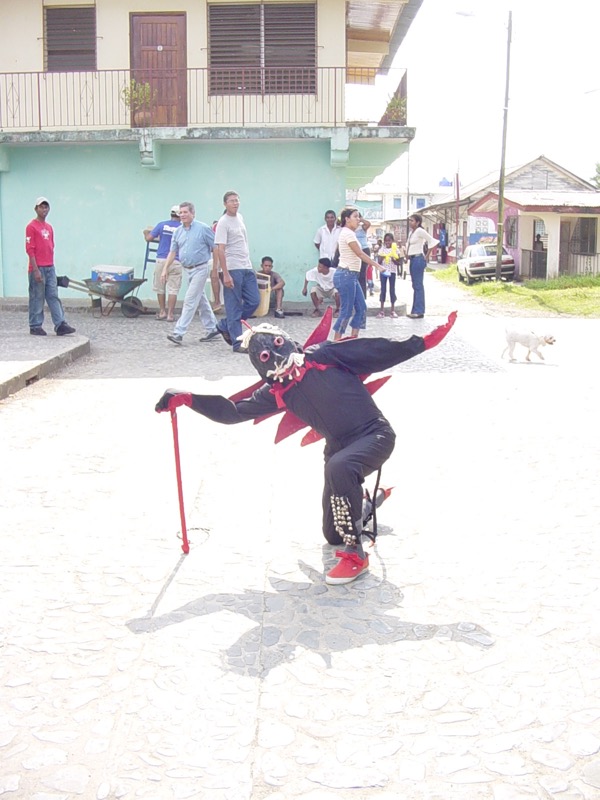
In this excerpt, Molinar discusses how he came to play the role of Major Devil in Portobelo. And how he reintroduced the practice of “Blessing” or “Baptizing” the Devil.
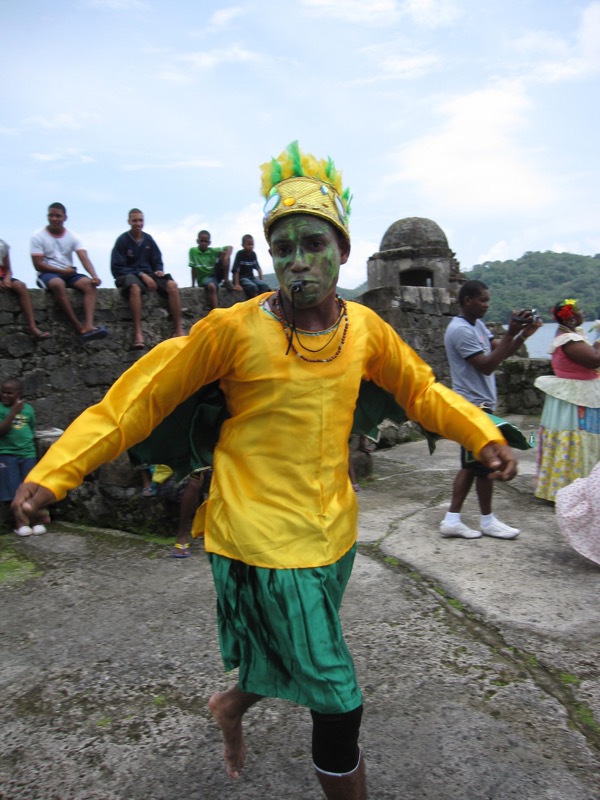
In this brief excerpt, Esquina discusses the significance of the Congo game and Congo dance including how prominently performing as a primary singer has figured into her life.
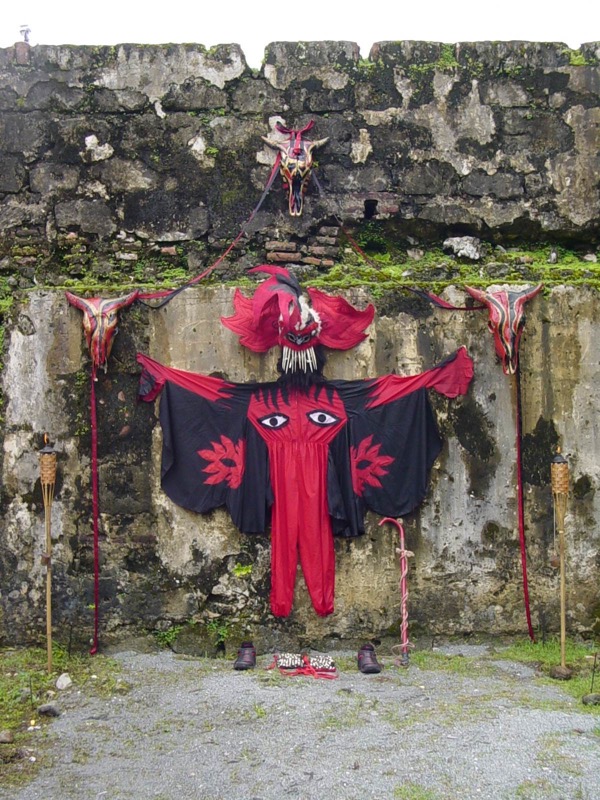
In this excerpt, Jiménez discusses how he began to play the devil character in the Congo tradition.
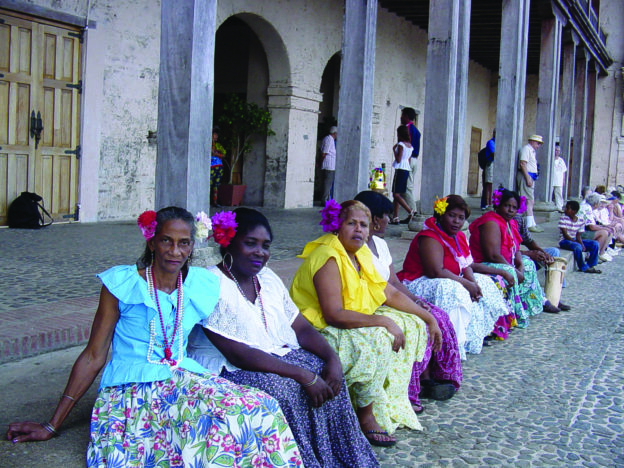
In this excerpt, Esquina discusses her pride for the Congo tradition and its importance to the towns of Panama’s upper coast.
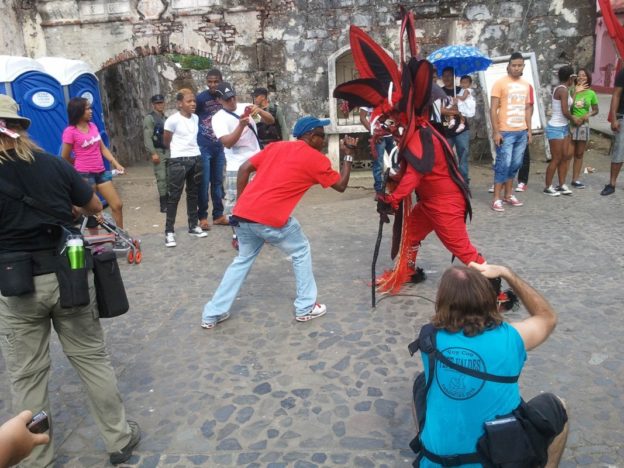
In this excerpt, Jiménez discusses his interpretation of how one is selected to play the role of Major Devil in the Congo tradition of Portobelo, Panama.

In this excerpt, Esquina discusses the changes she has seen in the Congo tradition over the course of her lifetime. Specifically, she talks about changes that she has witnessed in ways in which younger practitioners who perform the role of devil in other communities sometimes put razor blades in their whips, which violates the nature of the game.
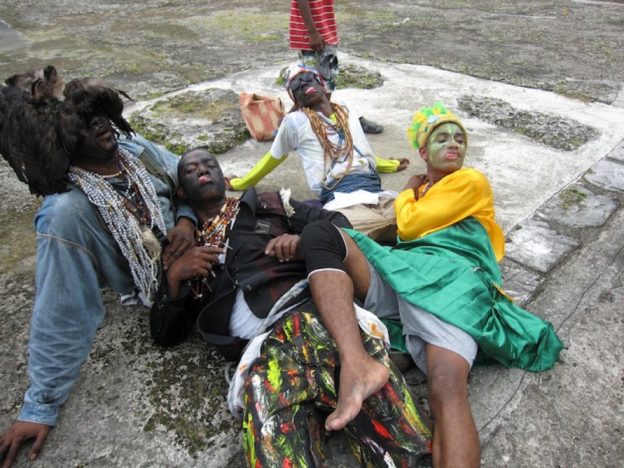
In this brief excerpt, Esquina describes the ways in which Congo season begins in Panama on the feast day of San Sebastian with the raising of the Congo flag.
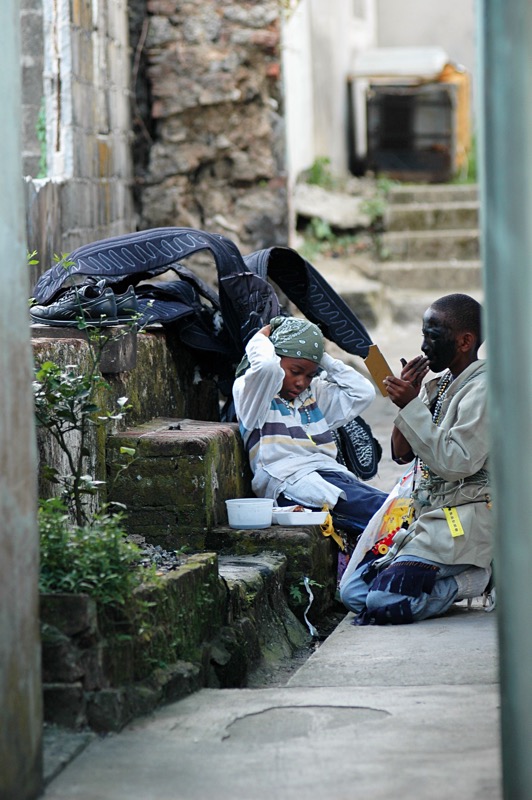
In this excerpt, Esquina discusses the changes she has seen in the Congo tradition over the course of her lifetime. Specifically, she talks about the rare existence of two palacios in 2003 and the shifting commitment of Congo practitioners who once participated in the tradition exclusively and without interruption during carnival season before the road was constructed in the early 1970s, which connected Portobelo and the rest of the Coasta Arriba to the broader Republic.